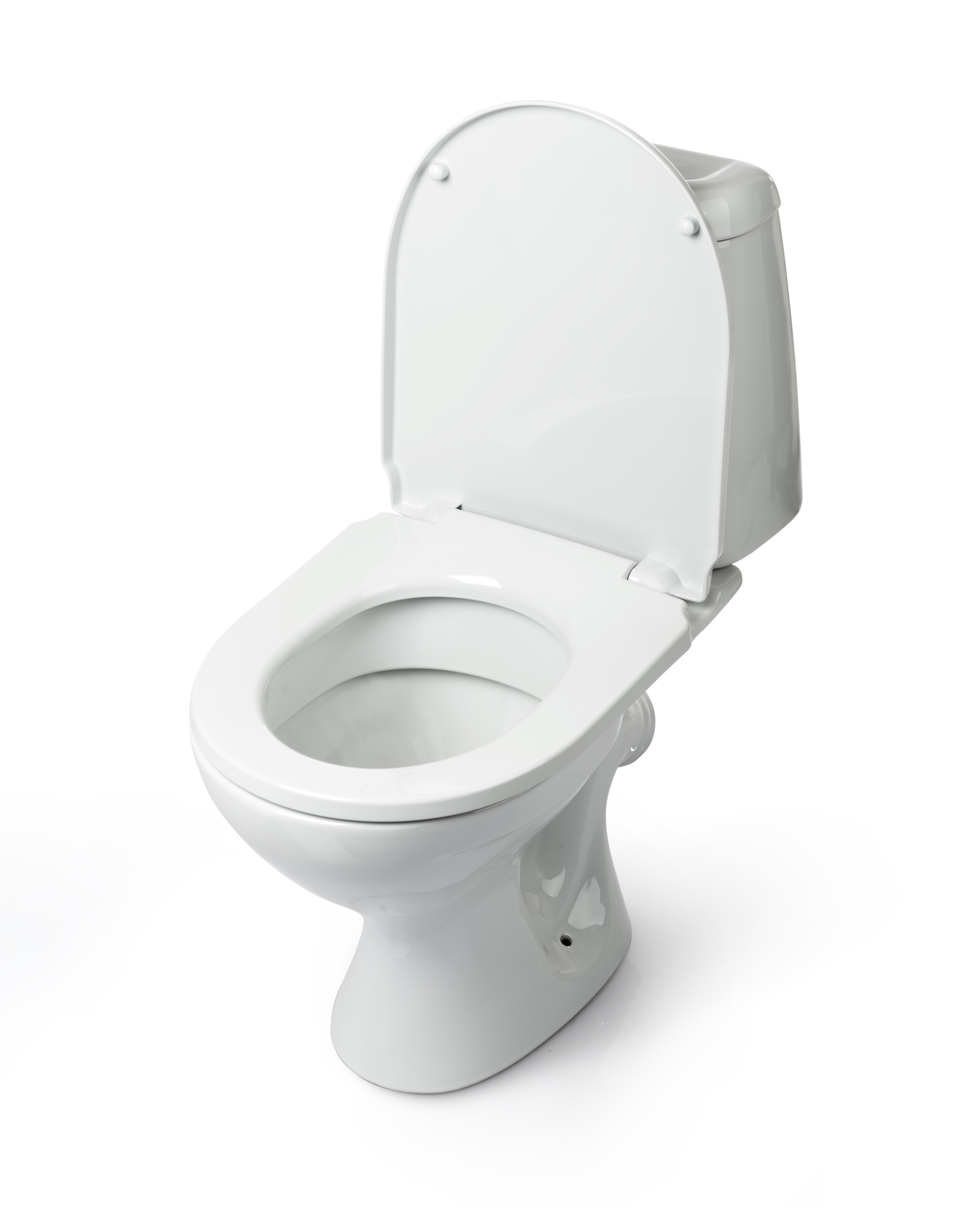Leviticus chapters 12 through 15 are some of the most distasteful and difficult to explain in the whole Bible, much less to relate to and to apply to our lives. After all, who wants to talk about diseases, disgusting molds and mildews, and bodily discharges? And who can relate to leprosy? Yuk!
Yet the Torah contains these subjects for a reason. Yes, sanitation, cleanliness and our physical good health is important to our Creator for obvious reasons, but lurking behind this distasteful and, at times, even revulsive subject is a much deeper issue: the disease of sin. When we view sin in terms of a contagious spiritual disease, suddenly we gain a new and deeper understanding of its destructive nature.
Even though the old adage, “Cleanliness is next to godliness” is not in the Bible, it is a biblical truism. Our cleanliness at all levels, body, soul (mind, will and emotions) and spirit are vital to a right relationship with Elohim. He is holy or set-apart (i.e. from the pollution, filth and defilement of this world), and without holiness, no one can see Elohim (Heb 12:14). In essence, holiness is nothing more than spiritual cleanliness. This is the deeper meaning behind Leviticus chapters 12 through 15.
Please take the time to read these chapters in Leviticus, then return to this blog and read my commentary on them. The goal of this discussion is to attain a higher level of spiritual holiness and cleanliness resulting in a closer walk with YHVH Elohim, our Creator, resulting in restored relationships with our fellow man as well. How great is that?
Overview of Parshiot Tazria-Metzora (Lev 12–13 and 14–15)
Often these two parshiot (the plural of parashah meaning “Torah portion” in Hebrew) are combined in the yearly Torah reading cycle depending on how the biblical calendar falls for the year. Their combining is likely due to the fact that each is relatively short and deals with related subjects: namely, the ritual purity laws.
As we shall see, the causes of ritual impurity involve sin issues. As a remedy to this problem, the Torah prescribes procedures that the afflicted person had to follow in order to be deemed cleansed and thus be readmitted into the camp of Israel after having been temporarily expelled because of ritual impurity. All the ritual cleansing laws prophetically pointed to Yeshua’s atoning death on the cross.
These two parshiot dealing with diseased and unclean persons immediately come after the laws concerning clean and unclean meats (Lev 11). What the Israelites ate as well as Continue reading




